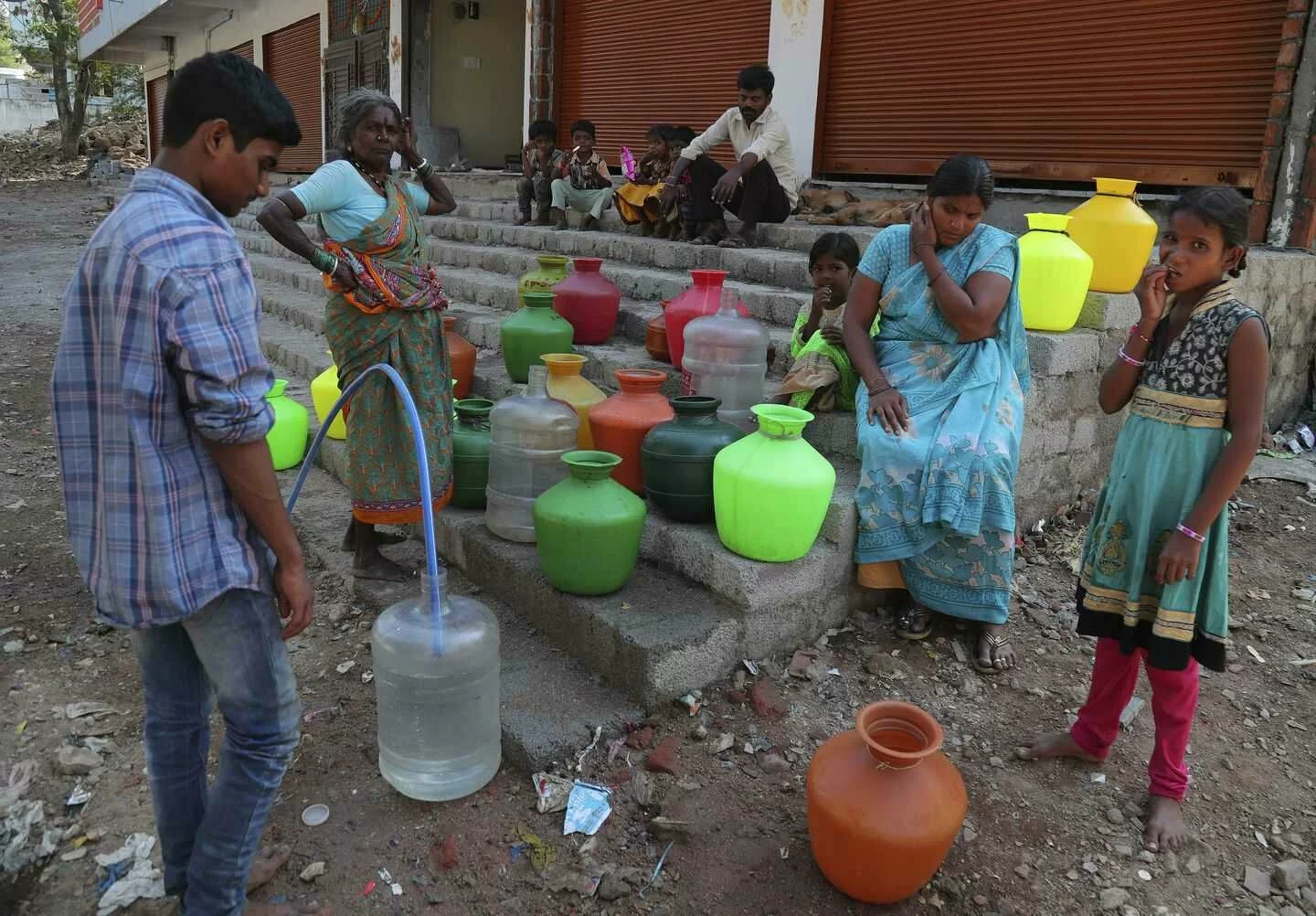
Analysis | Millions of people in India’s slums can’t keep each other at a distance during pandemic lockdown
- 2020-04-13 11:00
- By washingtonpost.com
Most residents work in a vast, largely unregulated informal economy and depend on daily wages to support their families. My research on the politics of public service provision in India’s urban slums points to several impediments to social distancing efforts, and threats to the daily well-being of residents under stay-at-home orders. In the summer of 2015, Tariq Thachil and I conducted a survey of 2,199 residents across 110 slum settlements in the north Indian cities of Bhopal and Jaipur. And there’s an added problem: Intermittent water delivery can force residents to wait near shared taps for considerable amounts of time. Failing to wait can mean losing out on water for drinking and personal hygiene that day, so people tend to congregate in groups to fill their buckets. For many residents, the need to leave one’s home to go to the bathroom, collect water and perform other essential tasks such as removing trash hampers social distancing efforts. The community leader in Jaipur, Rajasthan quoted above pointed out that his settlement has about 5,000 residents, most of whom have migrated from villages in Bihar and Uttar Pradesh. Social distancing measures also undercut the group-based strategies that residents of India’s slum settlements rely on to solve urgent, everyday problems, and demand public services. Under social distancing rules, these routine, face-to-face forms of political mobilization come to a grinding halt, depriving residents of a key tactic used to fight eviction and obtain services. In the weeks ahead, the need for group formation in India’s slum settlements — in both accessing and demanding public services, including government relief in the context of heightened economic distress — will likely take on mounting urgency.

Virus weighs heavily on weddings, hits business | Jaipur News - Times of India

9 magical facts about childhood that will blow your mind

Password Management Market 2020: COVID-19 Impact Analysis | Production, Revenue, Progressive Technologies, & Massive Developments 2029 - TechnoVally
